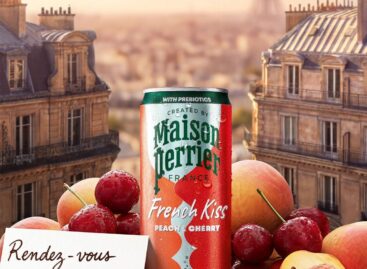What is Nestlé doing to tackle plastic packaging waste?
Our vision is that none of our packaging, including plastics, ends up in landfill, in oceans, lakes and rivers. We are working hard to deliver on it and help achieve a waste-free future.
To achieve this, our commitment is that 100% of our packaging is recyclable or reusable by 2025. We’ve made a number of global commitments to get there, including the elimination of non-recyclable plastics.
However, to tackle the plastic waste crisis we know that our commitments to make 100% of our packaging recyclable or reusable alone are not enough.
We are determined to reduce our use of single-use plastics, by introducing reusable packaging, new delivery systems and innovative business models everywhere we operate and sell our products. Building on our commitment, we will reduce the use of virgin plastics by one third by 2025.
Collaboration and collective action are vital for transforming how packaging is managed at end of life, particularly if we are to advance the circular economy. Recognizing this, we opened the Institute of Packaging Sciences in 2019 to enable us to accelerate our efforts to bring functional, safe and environmentally friendly packaging solutions to the market and to address the global challenge of plastic packaging waste.
In addition to the work of the Institute, we are working with value chain partners, industry associations and the civil society to explore different packaging concepts to shape a waste-free future. Such system-wide change takes time, but we are committed to creating a world without waste, and delivering on the commitments we have made to achieve this. Our company will also continue to play an active role in the development of well-functioning collection, sorting and recycling schemes across the countries where we operate.
Improving consumer information is also vital, and we’re committed to helping improve it by labeling our product packaging with recycling information – to help ensure it is disposed of in the right way.
Plastic packaging plays an important role in safely delivering high-quality food and drinks to consumers, and in reducing food loss and waste. We need to consider alternatives carefully before making changes.
We are determined to look at every option to solve these complex challenges and embrace multiple solutions that can have an impact now and in the future.
Related news
GLP 1: passing hype or a lasting trend?
🎧 Hallgasd a cikket: Lejátszás Szünet Folytatás Leállítás Nyelv: Auto…
Read more >Nestlé to sell remaining ice-cream assets but commits to Froneri venture
🎧 Hallgasd a cikket: Lejátszás Szünet Folytatás Leállítás Nyelv: Auto…
Read more >Nestle USA adds prebiotic beverages
🎧 Hallgasd a cikket: Lejátszás Szünet Folytatás Leállítás Nyelv: Auto…
Read more >Related news
HELL CITY has arrived, led by Michele Morrone
🎧 Hallgasd a cikket: Lejátszás Szünet Folytatás Leállítás Nyelv: Auto…
Read more >Two million people have already voted, so 57 million forints will be given to locals in 125 settlements, courtesy of Tesco
🎧 Hallgasd a cikket: Lejátszás Szünet Folytatás Leállítás Nyelv: Auto…
Read more >Will AI tell us what we can buy in stores and for how much?
🎧 Hallgasd a cikket: Lejátszás Szünet Folytatás Leállítás Nyelv: Auto…
Read more >








